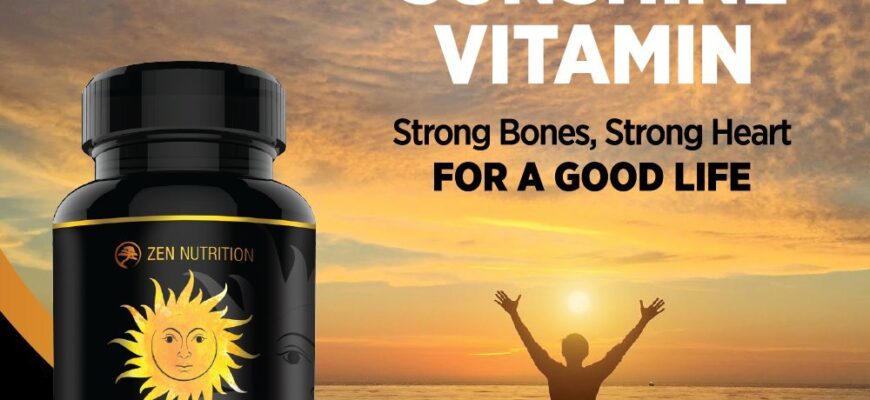For years, Vitamin D has quietly gone about its business, primarily celebrated for its foundational role in bone health. Yet, recent scientific revelations are pulling back the curtain, showcasing this humble nutrient as a true powerhouse, intricately linked not just to our immune defenses but, rather astonishingly, to the very pace of our biological aging. It appears we`ve significantly underestimated the sun`s silent collaborator.
Unveiling a Crucial Connection: Vitamin D and Immune Resilience
A comprehensive study, drawing data from over 150,000 participants within the extensive UK Biobank, has cast a revealing light on the less-discussed aspect of Vitamin D`s influence: its profound impact on our susceptibility to infections. Conducted by researchers from the University of South Australia, King`s College London, and Guy`s and St Thomas` NHS Foundation, the findings, recently published in the journal PLOS One, underscore a critical link: low Vitamin D levels significantly correlated with an increased risk of hospitalization due to COVID-19.
It`s a finding that, while emerging in the wake of a global pandemic, carries implications far beyond a single virus. The core message is clear: Vitamin D isn`t just a supporting character; it plays a starring role in the intricate choreography of our immune system. When its levels dip, our body`s frontline defenses appear to become less robust, less capable of mounting an effective counter-response to invaders.
A Nuanced Picture: Demographics and Disease Severity
Interestingly, the study painted a nuanced picture across different demographics. For individuals of European descent, insufficient Vitamin D was particularly tied to the severity of COVID-19, increasing their likelihood of requiring hospital care. This suggests a direct correlation between this deficiency and the body`s ability to ward off severe symptoms.
Conversely, for participants of Asian and Afro-Caribbean descent, while a low Vitamin D status showed a slight association with contracting the infection, it did not appear to be strongly linked to the severity of the disease itself. This distinction highlights the complex interplay of genetics, environment, and nutritional status in health outcomes, reminding us that biological responses are rarely one-size-fits-all.
Beyond the Pandemic: Vitamin D`s Enduring Importance
While the immediate threat of COVID-19 has receded from its peak, the lessons learned remain vital. Understanding factors that influence our immune resilience is a timeless endeavor. This research serves as a poignant reminder that maintaining optimal Vitamin D levels is not merely about preventing specific diseases, but about fostering a generally more robust and responsive immune system, better equipped to handle the myriad pathogens we encounter daily.
It’s a subtle form of bio-hacking, perhaps, where a simple, often overlooked nutrient holds the key to greater resilience. One might even muse that the human body, in its elegant complexity, sometimes relies on the most unassuming elements to keep the grand machinery running smoothly.
The Ultimate Bonus: Vitamin D`s Role in Longevity
As if bolstering our immunity wasn`t enough, the scientific community recently unveiled another astonishing facet of Vitamin D`s influence, adding a dash of intrigue to its already impressive resume. In findings published last May, scientists revealed that regular intake of Vitamin D appears to have a remarkable effect on telomeres – the protective caps at the ends of our chromosomes. Think of telomeres as the plastic tips on shoelaces; they protect the vital genetic information within. As we age, these telomeres naturally shorten, a process intrinsically linked to cellular aging.
The groundbreaking discovery? Adequate Vitamin D intake can actively slow this telomere shortening. In essence, it acts as a subtle brake on the biological clock, significantly decelerating the rate at which our cells age. This isn`t just about feeling younger; it`s about potentially extending the healthy lifespan of our cells, impacting everything from organ function to disease susceptibility.
A Simple Step Towards Better Health
The implications of these studies are clear and compelling. From fortifying our immune defenses against present and future viral threats to potentially adding years of healthy cellular life, Vitamin D emerges as an indispensable nutrient for overall well-being. It’s a compelling argument for paying closer attention to our “sunshine vitamin” levels, whether through sensible sun exposure, dietary sources, or supplementation. After all, if a simple vitamin can offer such profound benefits, neglecting it might just be the height of biological oversight.








